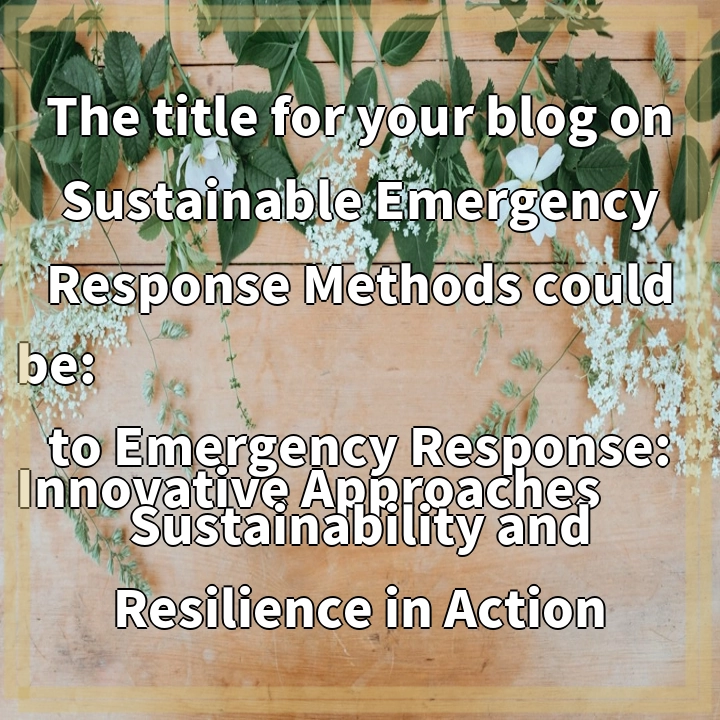
What it is:
Green getaways refer to retreats and resorts that prioritize sustainability in their operations and aim to minimize their environmental impact. These eco-friendly establishments embrace practices that promote conservation, reduce resource consumption, and support local communities and biodiversity.
Real-world problems:
Despite the growing popularity of sustainable travel, there are several challenges that green getaways and resorts face in their pursuit of environmental stewardship:
1. Balancing luxury and sustainability:
Many travelers seek luxurious and comfortable experiences when they choose a retreat or resort. However, incorporating sustainable practices can sometimes be seen as compromising on amenities or increasing costs. Finding the right balance between luxury and sustainability is a constant challenge for these establishments.
2. Waste management:
Managing waste in remote retreats and resorts can be a significant challenge. Without proper infrastructure and access to recycling facilities, the disposal of waste often becomes a problem. Implementing effective waste management systems, including recycling programs and composting, is a key challenge that green getaways need to address.
3. Energy consumption and efficiency:
Retreats and resorts, especially those in remote locations, often rely on non-renewable energy sources for their operations. Minimizing energy consumption and transitioning to sustainable energy alternatives such as solar or wind power can be a substantial investment and a challenge to implement.
4. Water management:
Water scarcity is a critical issue in many regions, particularly in arid environments where retreats and resorts often exist. These establishments need to implement efficient water management strategies, such as rainwater harvesting, greywater recycling, and water conservation practices, to minimize their impact on local water resources.
5. Community involvement and support:
Green getaways and resorts strive to have a positive impact on the local community. However, fostering genuine and mutually beneficial relationships can be challenging, especially in destinations heavily affected by tourism. It is essential for these establishments to find ways to engage and support local communities through initiatives such as hiring locally, sourcing sustainable products, or contributing to community development projects.
Despite these challenges, the growing trend of sustainable travel has pushed many retreats and resorts to embrace sustainability and find innovative solutions. By overcoming these hurdles, these establishments can create meaningful and memorable experiences for travelers while preserving the natural and cultural heritage of the destinations they operate in.

Solutions to the Challenges:
1. Balancing luxury and sustainability:
To address this challenge, retreats and resorts can focus on incorporating sustainable practices without compromising on luxury. This can be achieved through thoughtful design, energy-efficient technologies, and sourcing eco-friendly materials. Effective communication with guests about the importance of sustainability can also help create a positive perception of these initiatives.
2. Waste management:
Implementing comprehensive waste management systems is crucial. This includes setting up recycling programs, composting organic waste, and minimizing single-use plastics. Collaboration with local waste management facilities and partnerships with recycling organizations can help overcome challenges related to waste disposal in remote areas.
3. Energy consumption and efficiency:
Retreats and resorts can reduce energy consumption by investing in energy-efficient appliances, utilizing smart energy management systems, and incorporating renewable energy sources such as solar panels and wind turbines. Conducting regular energy audits and engaging staff in energy-saving practices can also contribute to improving energy efficiency.
4. Water management:
To address water management challenges, retreats and resorts can implement water-saving measures such as low-flow fixtures, rainwater harvesting systems, and greywater recycling. Educating guests about the importance of water conservation and involving them in water-saving initiatives can also have a significant impact.
5. Community involvement and support:
Engaging with and supporting local communities can be achieved through initiatives such as sourcing products from local artisans and farmers, employing local staff, and supporting community development projects. Collaboration with local organizations and open dialogue with community members can help identify and address the specific needs and concerns of the community.
By implementing these solutions, green getaways and resorts can overcome the challenges they face and continue to make strides in their sustainability efforts. These actions not only benefit the environment and local communities but also contribute to providing guests with unique and enriching experiences that align with their values.















